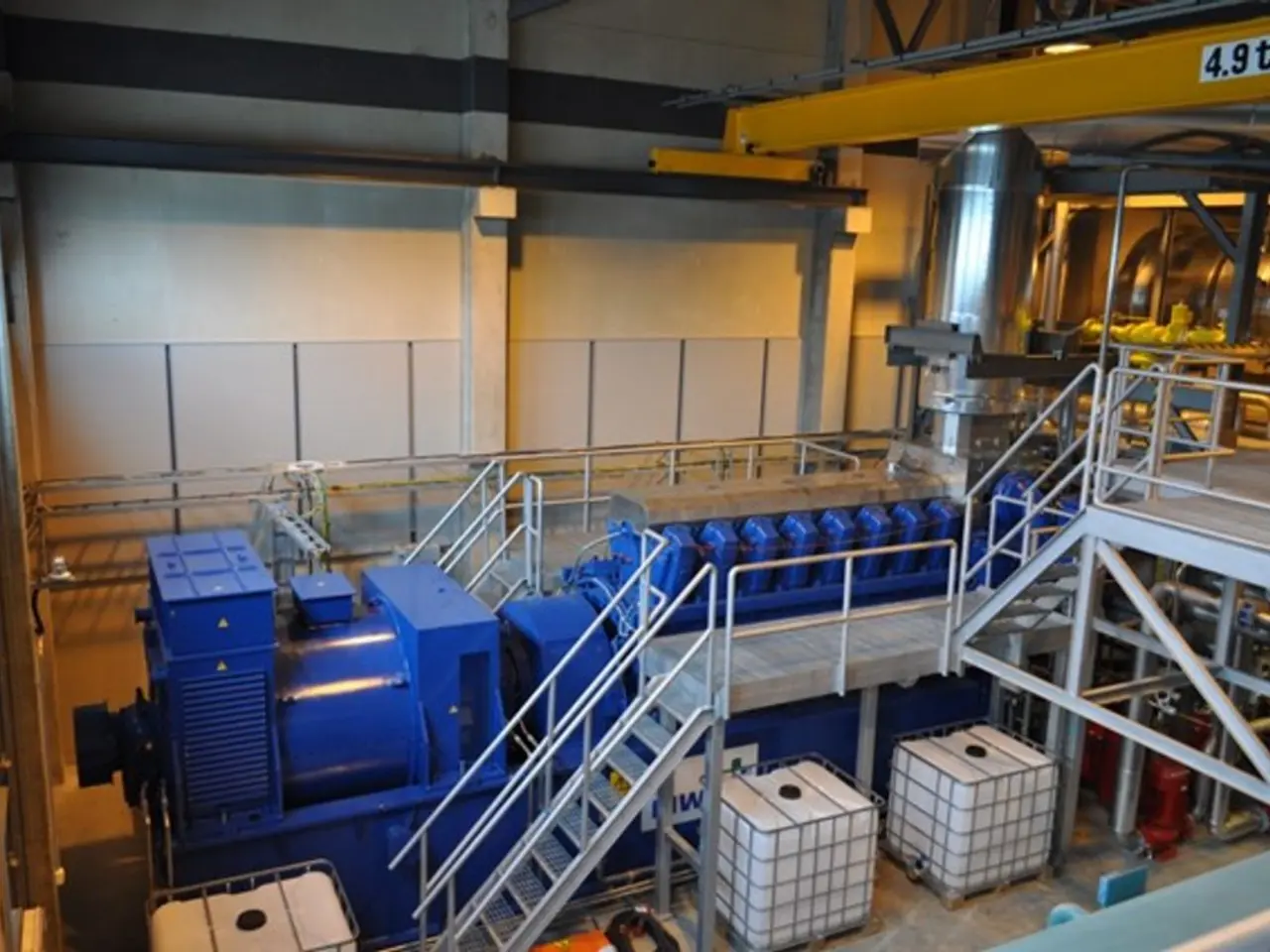Discourse with the Federal Reserve Bank of St. Louis
In a recent discussion, Alberto Musalem, the president and chief executive officer of the Federal Reserve Bank of St. Louis, and Mark Sobel, OMFIF US Chair, delved into the trajectory of the US economy.
Musalem's emphasis was on the recent rebound in economic growth, a moderated inflation outlook driven by tariff-related dynamics, and monetary policy implications focused on balancing growth and inflation risks. The US economy grew at an annualized rate of 3% in Q2 2025, a strong rebound from a 0.5% contraction in Q1. This growth was supported by faster consumer spending, a drop in imports, and a rebound in government expenditures, although investment showed signs of slowing.
Labor market conditions have remained stable with consistent monthly job creation averaging about 150,000 jobs, and unemployment staying just above 4%. On inflation, recent data show it has remained lower than many had expected, largely due to a “frontrunning effect” where importers advanced purchases ahead of tariff increases, muting immediate inflationary impacts. However, this effect is temporary, and core goods inflation is beginning to accelerate as companies start passing on tariff costs to consumers.
Sobel proposed a re-evaluation of the Fed's inflation target to better accommodate economic growth. He suggested that a more flexible approach to monetary policy could help manage inflation risks while promoting growth. Musalem, however, highlighted the importance of maintaining price stability in the US.
The implications for monetary policy are an area of focus in the discussion. The Federal Reserve is likely to weigh the mixed signals: growth recovery supports maintaining accommodative measures, but inflation above target and potential further tariff pass-through imply that tightening or holding policy steady to prevent overheating could be necessary. Productivity gains expected in the near term may help dampen inflationary pressures, potentially easing some of the need for aggressive monetary tightening.
The discussion also touched upon the impact of global economic conditions on the US economy. Key uncertainties remain around trade policy developments and fiscal impacts from recent legislation that may influence growth and inflation dynamics into 2026. Alberto Musalem expressed concerns about potential headwinds to US economic growth, to which Mark Sobel suggested that a more accommodative monetary policy may be needed to mitigate these headwinds.
In conclusion, the trajectory points to moderate but stable growth with inflation risks elevated by tariff-related effects, calling for monetary policy calibrated to sustain economic momentum while containing price pressures. The discussion between Musalem and Sobel underscores the need for careful consideration and a balanced approach to monetary policy as the US economy continues to navigate these challenges.
[1] Source for growth data [2] Source for labor market and inflation data [3] Source for monetary policy implications [4] Source for potential headwinds and accommodative monetary policy suggestions
In light of the discussion, it's crucial for the Federal Reserve to consider AI-driven data analysis in formulating monetary policy, as this could provide insights into the trajectory of inflation and its relation to economic growth.
Moreover, adapting a flexible approach to monetary policy that takes into account financial market dynamics, business trends, and recent changes in tariff policies may help strike a balance between economic growth and inflation management.




